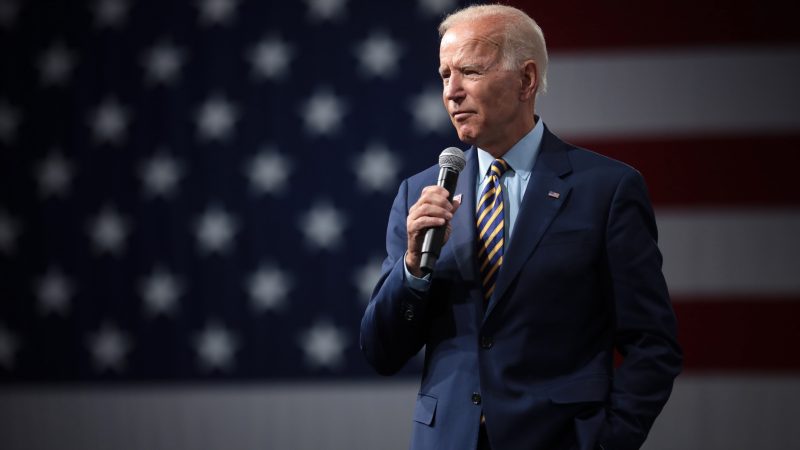
Despite the protestations of some in the labour movement, who consider President-elect Joe Biden and the Democratic Party to be not progressive enough, there are few who don the red rose (if any) who will be unhappy to see the back of Donald Trump. The majority of the British public, according to polling, seem to agree with this sentiment. But what does a Biden presidency mean for Britain and, in particular, British foreign policy?
Paradoxically, we must first begin with the domestic. Given the current levels of American social fragmentation, which have not been this high since the Vietnam War and the civil rights movement, combined with the health and economic impacts of the pandemic, a Biden administration will have a lot on its hands on the domestic front.
The Democrats will be frustrated by the fact that they have not gained the Senate, with two runoff races set to take place in January. If Biden’s party does not secure three more seats, this will have implications for their popular domestic agenda. A Republican majority led again by Senator Mitch McConnell would frustrate Democratic initiatives.
This could lead to less attention being paid by the Biden administration on its foreign policy programme, by default rather than by design. That would pose problems for the UK and other US allies, which need an engaged US now more than ever. Nevertheless, in foreign policy the US President has significant power in relation to other democratic institutions and Biden is no isolationist, recognising the old adage that with great power comes great responsibility.
On foreign policy, the Biden administration will have three main priorities. The first will be undoing all the damage that the last four years of Trump have caused to the international, rules-based order and US power. The immediate starting point is for the US to pull the reins on Trump’s decision to withdraw from the World Health Organisation in the midst of a pandemic, and to properly fund the organisation and support its equitable vaccine distribution coalition.
Allowing for the proper functioning of the World Trade Organisation, rejuvenating the Iranian nuclear deal and rejoining the UN Human Rights Council will be other key elements of this agenda. This is all good news for the UK, as it places less pressure on it and other allies to maintain the integrity of the international, rules-based order alone, in the face of serious challenge from China and Russia in particular.
Linked to this will be the issue of climate change. Keir Starmer has rightly emphasised, in his response to Biden and Kamala Harris’ victory, the importance of Britain having an ally in the US that is willing to fight the global climate emergency. US re-entry to the Paris climate agreement will be pivotal, and the UK can expect ramped up American diplomatic efforts to convince others, including China, to stick to their targets.
Finally, the Biden administration will be aware that it cannot achieve much without a unity of like-minded allies. Transatlantic relations have not been so damaged for decades, as a result of the Trump presidency’s unorthodox diplomacy, which seemed often keener on attacking European allies than hostile states. Too much has been made of Biden’s Irish heritage, however, in terms of its potential impact on his future foreign policy decisions.
The President-Elect is highly concerned about any undermining of the Good Friday Agreement by this Conservative government, as are we in the Labour Party. But he is concerned not necessarily due to his Irish heritage, but because peace on the island of Ireland is fundamentally in American interests. A no-deal scenario, in the eyes of a Biden administration, can further rupture Western unity at a time when it is most needed, in the face of an increasingly aggressive China alongside an already hostile Russia.
Labour will have a friend in the Biden administration on Brexit. The party must seek to effectively build on and use this relationship to pressure the UK government, as well as pro-Brexit Atlanticists and China hawks in the Conservative Party, to pursue a rational deal that protects the Good Friday Agreement, workers’ and environmental rights and the national interest.
By congratulating Biden and Harris on their victory with grace and without qualification, the Labour Party has already taken great initial steps forward in building essential relationships with the next leaders of the free world.




More from LabourList
‘The cost of living crisis is still Britain’s defining political challenge’
‘Nurses are finally getting the recognition they deserve’
Letters to the Editor – week ending 15th February 2026